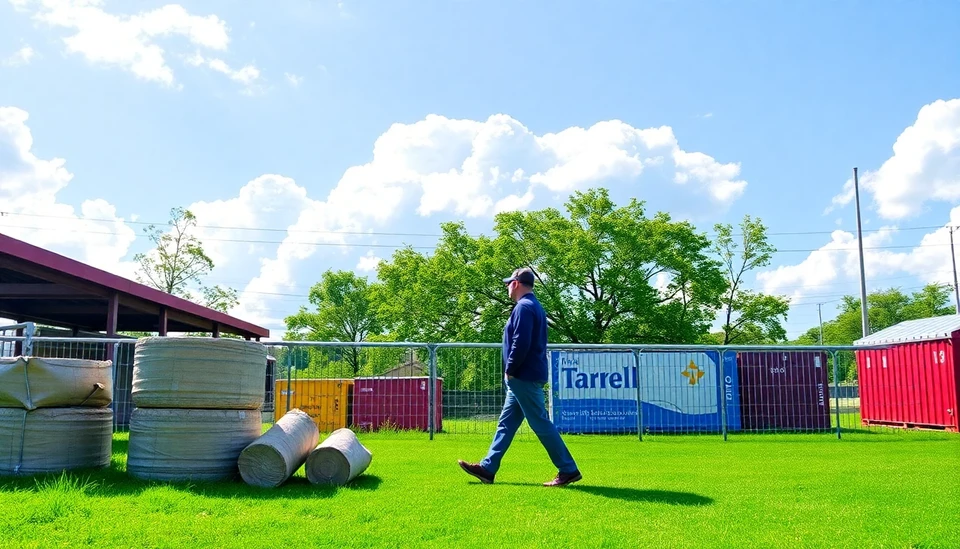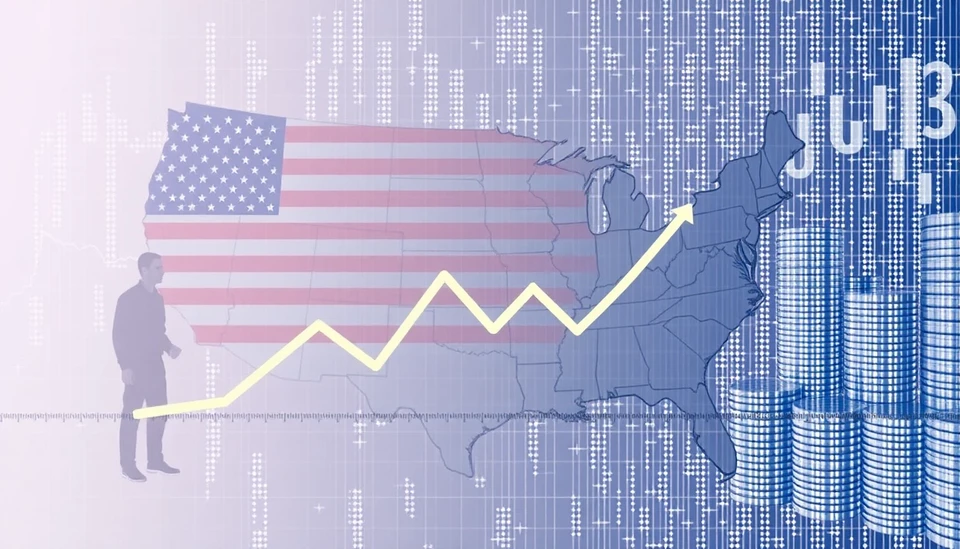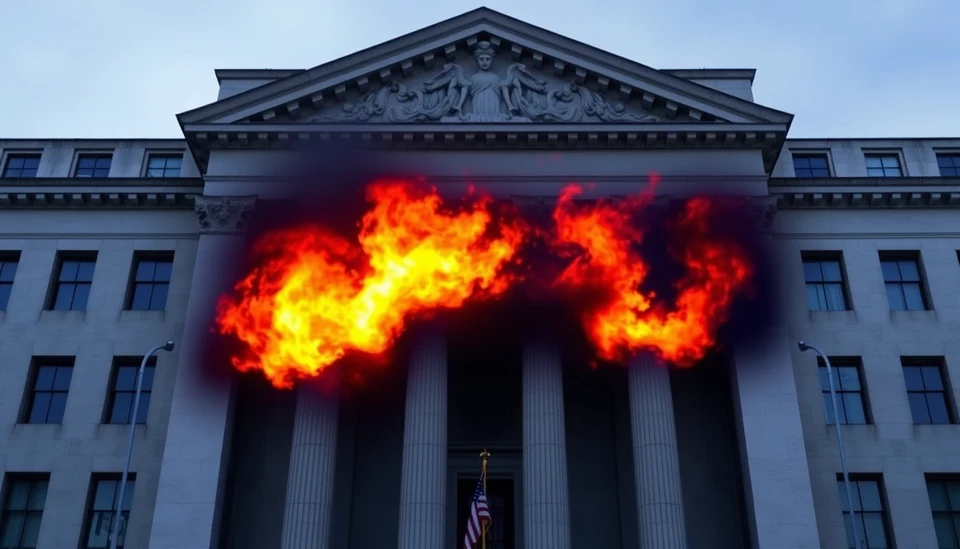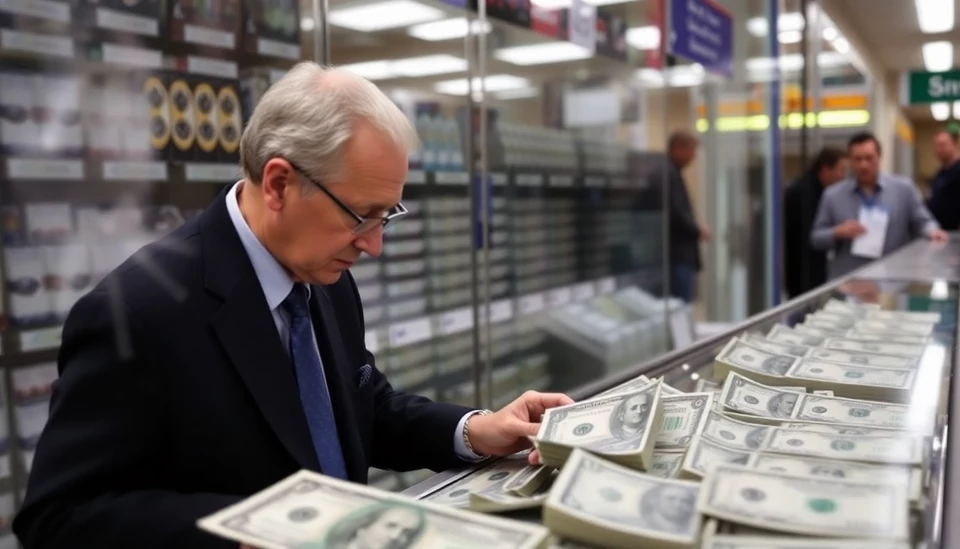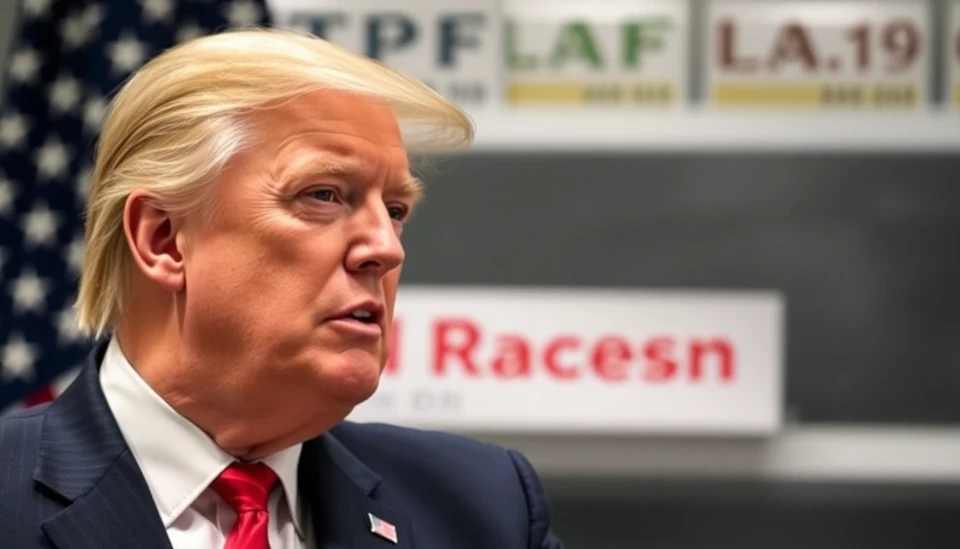
The latest economic data reveals that inflation in the United States has risen, a development that analysts suggest could have far-reaching implications for both the domestic economy and global markets. This uptick comes at a time when the Trump administration is set to introduce a new set of tariffs aimed at foreign goods, further complicating the economic landscape.
According to recent reports from the Bureau of Labor Statistics, the Consumer Price Index (CPI) experienced a significant rise in January, primarily driven by increasing costs in the energy sector and essential goods. Year-over-year, the index has climbed more than expected, raising concerns among economists and policymakers. This inflationary pressure comes amid ongoing debates regarding the potential impact of tariffs on the U.S. economy and its trading partners.
With the new tariffs scheduled to take effect, industry experts fear that the prices of imported goods could spike even further, directly contributing to higher consumer prices. As inflation fears grip markets, the Federal Reserve is facing increasing scrutiny over its interest rate strategies. Should the central bank decide to tighten monetary policy in response to rising prices, it could slow down economic growth at a time when many sectors are still recovering from the pandemic's fallout.
The implementation of tariffs is part of a broader strategy by the Trump administration to protect American manufacturing and reduce the trade deficit. However, critics argue that these tariffs may lead to retaliation from foreign governments and elevate costs for American consumers. The agriculture and technology sectors, in particular, could face significant challenges as they navigate a landscape filled with increased costs and potential trade barriers.
Financial analysts suggest that the inflationary trends, coupled with the impending tariffs, may create a perfect storm for the U.S. economy. If consumer spending drops due to higher prices, the economy could slow down, possibly leading to job losses and further economic uncertainty. Some experts are already advising businesses to prepare for volatility in the coming months.
As the situation unfolds, investors are keeping a close eye on market performance. Stocks in the retail and consumer goods sectors are expected to react sensitively to news of tariff implementations and ongoing inflation. Overall, the confluence of rising prices and protective economic policies has generated a climate of uncertainty that officials must navigate with caution.
Looking ahead, the next few months will be pivotal for both the U.S. economy and its international relationships. How the administration handles these challenges will be crucial in determining whether the country emerges stronger or faces further economic trials.
In conclusion, the response from the markets and policymakers will likely define the narrative surrounding U.S. economic policy for the foreseeable future. The combination of rising inflation rates and unfolding tariff implications sets a complex stage that demands careful monitoring and strategic responses from all stakeholders involved.
#USInflation #Tariffs #EconomicImpact #TrumpAdministration #ConsumerPrices #FederalReserve #TradeWar #MarketVolatility
Author: Rachel Greene
